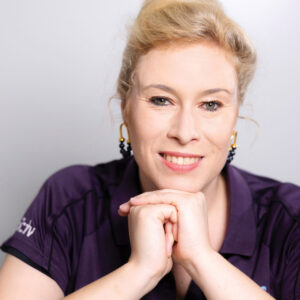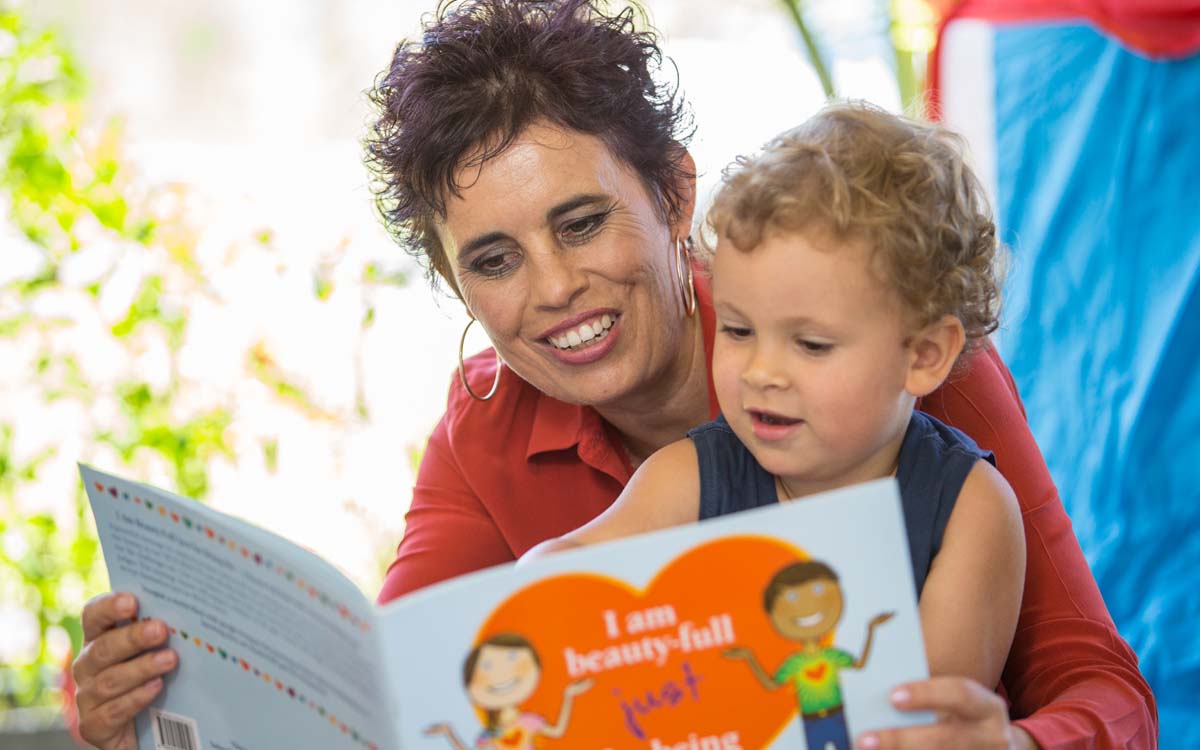Is speech pathology all about the way people talk … or is there more to it?
Speech pathologists, as the name suggests, work with children who have trouble producing speech sounds correctly … but is a speech pathologist’s office a revolving door of lisps or is there more that they can offer their clients?
Below is a brief description of the areas in which speech pathologists can offer assessment, treatment and support lasting change in the communication skills of children.
Alternative and Augmentative Communication
In some cases, children with disabilities such as cerebral palsy and severe autism have little or no speech.
A speech pathologist can work with these children and their families to support the implementation of communication systems to supplement the speech they have or to use as their primary means of communicating.
Examples of alternative and augmentative communication systems include: picture exchange systems, keyword sign and higher tech options such as iPad programs and specialised computer based devices.
Language
Children of all ages can have difficulty understanding spoken language and using language to express themselves.A speech pathologist can support children who may experience minor challenges with language development; language delays and those with a diagnosed language disorder to develop the skills to understand instructions and spoken sentences in their everyday life and express themselves competently in everyday interactions with peers and adults.We understand that all behaviour is a person’s way of communicating their experience of the world. When language skills are not developed to a child’s potential it is likely they will begin expressing by using unwanted behaviours as this is their existing form of communication. Speech pathology can support in language development to support reduction of unwanted behaviours.
Literacy
Speech pathologists can support children who are having trouble learning to read and write by working with them to develop the skills that underpin reading and writing (phonemic awareness skills).Play
Play, particularly imaginative play, is an essential skill for children to develop, as it is the medium through which they relate to their peers and develop their social skills. Many children, including but not limited to those on the autism spectrum, often need support to develop their play skills in order for them to create positive interactions with their peers.Speech pathologists can teach children to develop their ability to play imaginatively as well as working with them to develop the other skills needed to play successfully with other children.
Pragmatic Language and Social Skills
Pragmatic language and social skills are the tools needed for a life that includes other people. They underpin a child’s ability to interact appropriately with peers and adults as well as their ability to use communication to fulfil a range of social functions such as protesting appropriately or asking for help.Speech pathologists can support children who have difficulty using their communication skills to function successfully in the world and support them to develop the skills needed for meaningful and successful interactions with others.Children on the autism spectrum frequently require support in this area.
Problem Solving Skills (Higher Level Language Skills)
Children who have a history of delayed language, as well as children on the autism spectrum can have difficulty with the problem solving skills of making inferences (the ability to draw conclusions from clues within the environment or given by other people), making predictions (predicting what is most likely to happen depending on the events and choices made in the present), determining the cause of a problem (and their own part in that), generating ideas for solutions to problems and putting information together to solve a problem.
This collection of skills have a significant bearing on a child’s ability to interact successfully with peers and adults, make appropriate decisions and respond appropriately in day-to-day situations.
Speech pathologists can support children to develop these skills and integrate them into their day-to-day decision making and interpersonal interactions.
Stuttering
Children who stutter can exhibit a number of symptoms such as repeating sounds, syllables and words when talking. They may also have trouble starting a sentence, can elongating sounds within words and can experience ‘blocks’ where no sound comes out when they try to speak.Speech pathologists can assist in the assessment, treatment and management of stuttering.
Speech Clarity
Speech pathologists can teach children to produce sounds they are having trouble saying and offer support with more complex speech disorders, such as dyspraxia, which make it difficult for children to be understood.Swallowing and Feeding
Children from birth up who have difficulty with the mechanics of eating and swallowing sometimes need support to eat safely. Children with sensory needs, such as children on the autism spectrum, often also need support to manage the sensory challenges that different foods present.Voice
Speech pathologists can assist in the diagnosis, treatment and management of various voice disorders. The most common seen in children, is when children’s voices take on a strained or hoarse quality, due to damage from misuse.Our speech pathologist Kathryn offers speech pathology services at Fabic. Kathryn works primarily with children and has a particular interest in autism.
Please contact Fabic for more information or to make an appointment






